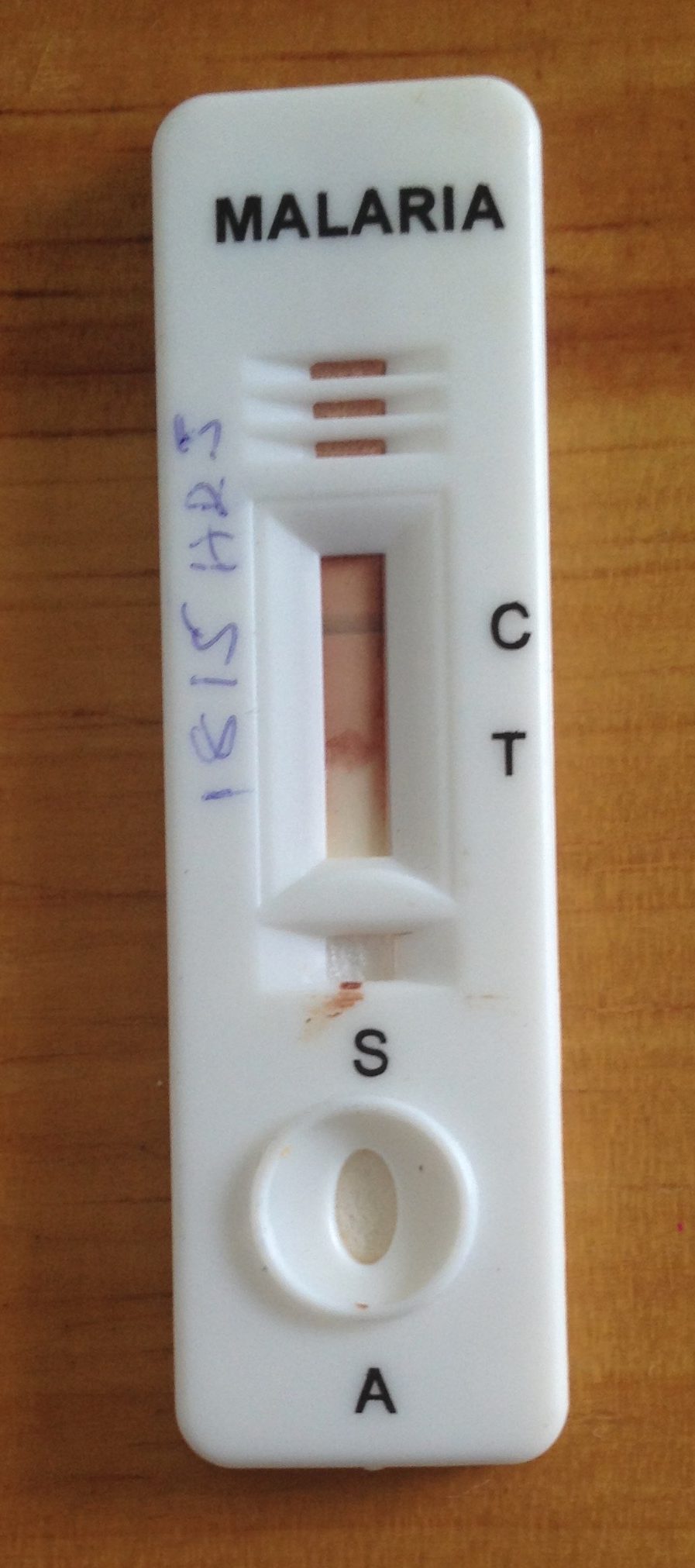17-18 February 2020
Eldoret, Kenya
The TESTsmART Team is used to meeting virtually, and had mastered the art of Zoom meetings before it became the modus operandi of the post-COVID world. Team members are physically based in the USA (from Durham, NC to San Francisco, CA), Kenya, Nigeria, and Uganda, but every Wednesday, the entire team logs onto Zoom to meet and discuss the study. Team members provide status updates, review monitoring and evaluation reports, and collaborate on solutions to operational challenges.
Right before the COVID-19 pandemic hit and life as the world knew it was severely interrupted, the TESTsmART study team snuck in one last in-person meeting to prepare for the launch of Aim 2 of our study.
After months of hard work and preparation for the study launch (which included developing the study protocol , designing the data collection tools, obtaining ethics approval from 3 different institutional review boards (IRBs), and conducting baseline surveys at potential retail outlets, writing standard operating procedures for every aspect of study implementation), the international team decided to officially kickoff Aim 2 by convening together in Eldoret, Kenya for a two day, in-person training.

Day 1 kicked off with a study overview and review of the 12 study standard operating procedures (SOPs). Team members took turns presenting and were quizzed on their knowledge of the protocol and all the SOPs in a high stakes challenge between the Duke-Kenya and CHAI-Nigeria study teams. Up for grabs was bragging rights and the study mascot, affectionately known as the TESTsmART Teddy. At the end of the day, Kenya team prevailed!
Day 2 started early with the entire team traveling out to the field site in Webuye, about 2 hrs from the Eldoret office. The team met the Field Researchers at the home base at PEARL, and discussed the next stages of the launch focused on the retail outlets including enrollment, training, and arm randomization. The teams split up into smaller groups to go out and gain firsthand experiences at retail outlets in the area. In the afternoon, the team members reconvened to debrief about their observations from the day and chart timelines and next steps for rolling out the study intervention.
Everyone left feeling energized and excited for the launch of the project that they had been working so hard to prepare for.

